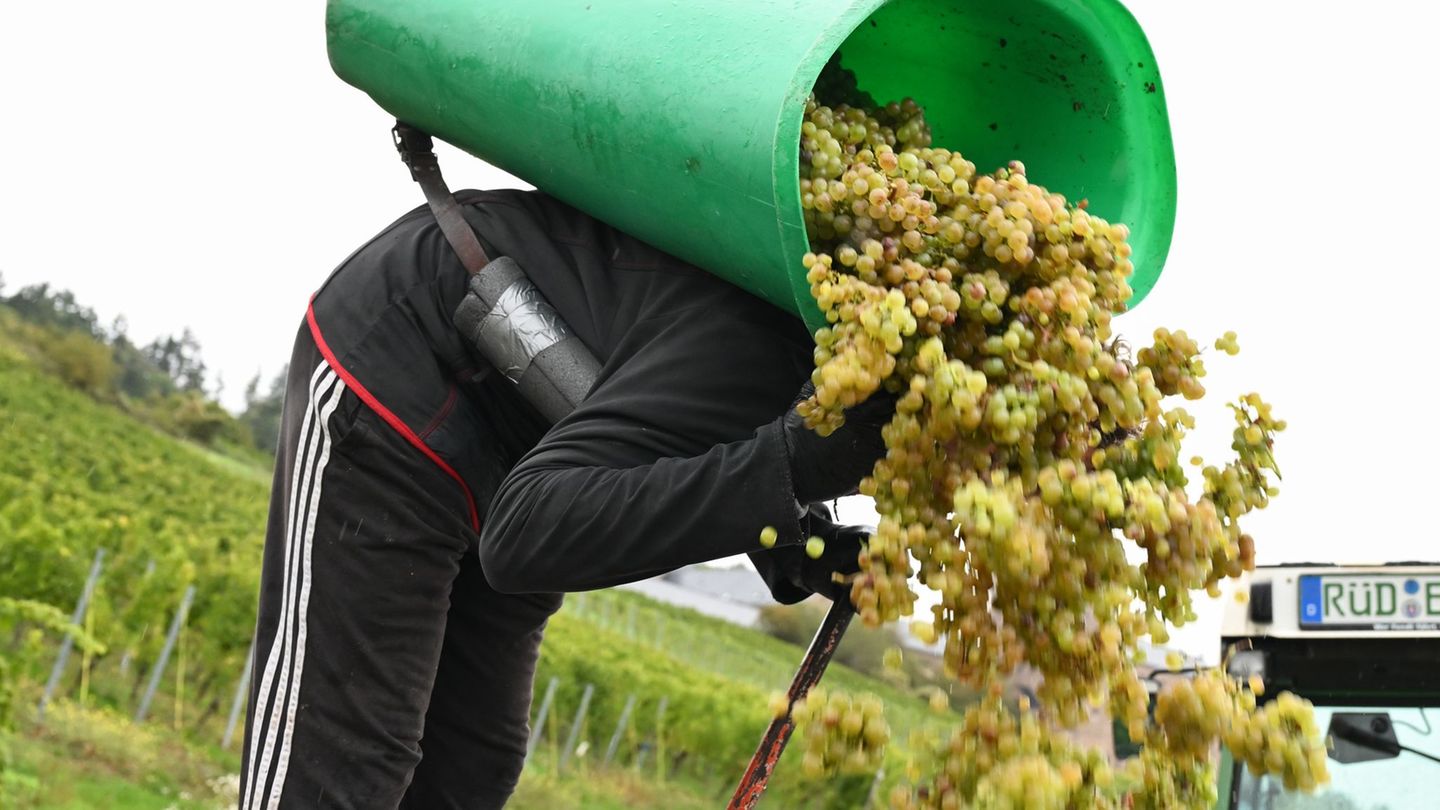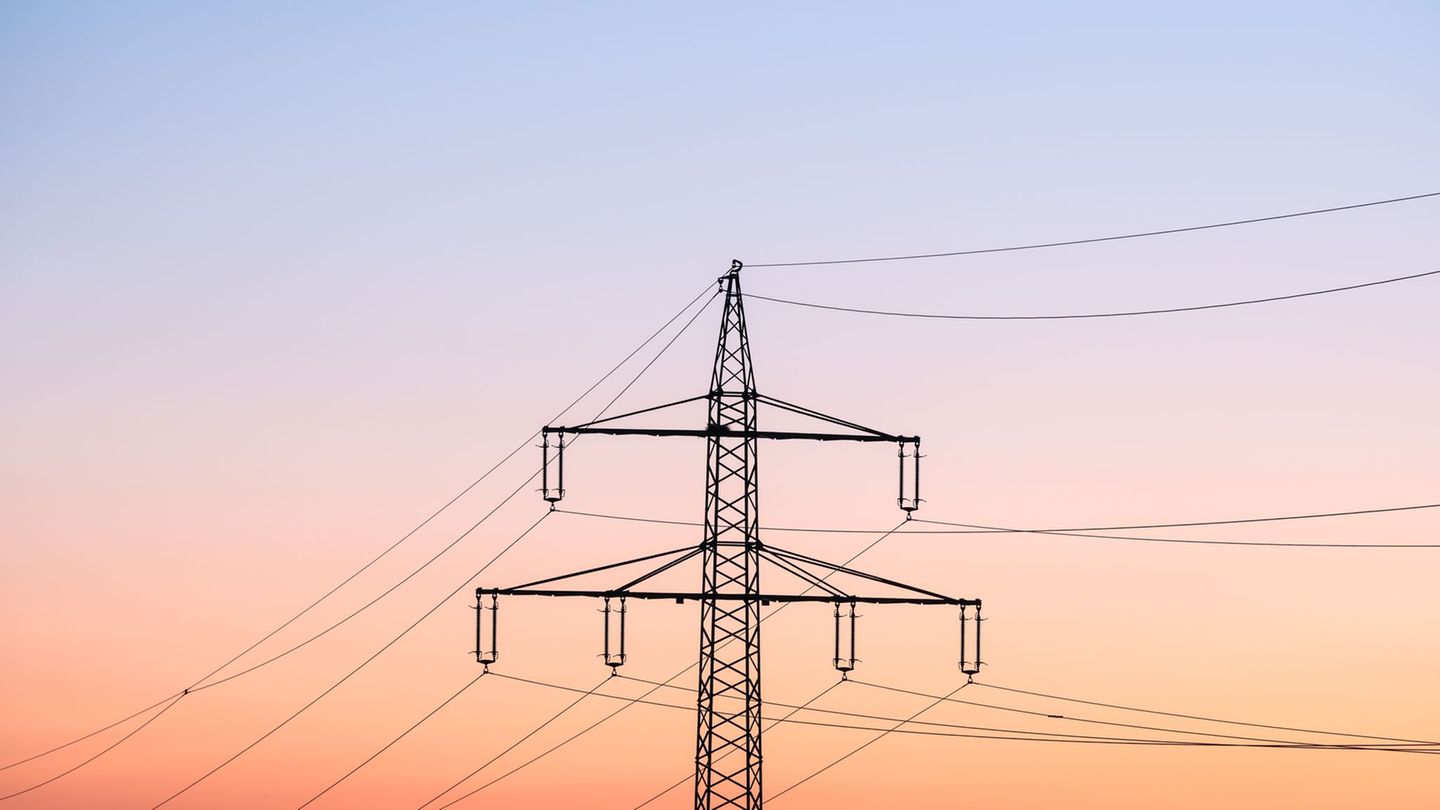Menu
Energy: Tennet boss: More and more challenges for electricity network
Categories
Most Read
This is the best date for your trip to Disney
October 21, 2025
No Comments
China displaced Brazil as the main trading partner for the first time in almost three years: what were the causes?
October 21, 2025
No Comments
Chrambl from DHDL: What can the washing cube do for a better climate?
October 20, 2025
No Comments
Imports jumped 10% monthly and set a new record
October 20, 2025
No Comments
the keys to the agreement and the technical information that will be kept secret
October 20, 2025
No Comments
Latest Posts

Harvest is over: Final estimate: Smallest wine harvest in 15 years
October 21, 2025
No Comments
Reading is over Final estimate: Smallest wine harvest in 15 years Copy the current link Add to watchlist After the harvest there is still talk

This is the best date for your trip to Disney
October 21, 2025
No Comments
October 20, 2025 – 9:30 p.m. Escaping the crowds and saving every dollar is possible if you choose the right month to visit Disney without

China displaced Brazil as the main trading partner for the first time in almost three years: what were the causes?
October 21, 2025
No Comments
The trade balance data for September revealed the surprise that China displaced Brazil as the main trading partner, something that has not happened since November
24 Hours Worlds is a comprehensive source of instant world current affairs, offering up-to-the-minute coverage of breaking news and events from around the globe. With a team of experienced journalists and experts on hand 24/7.

